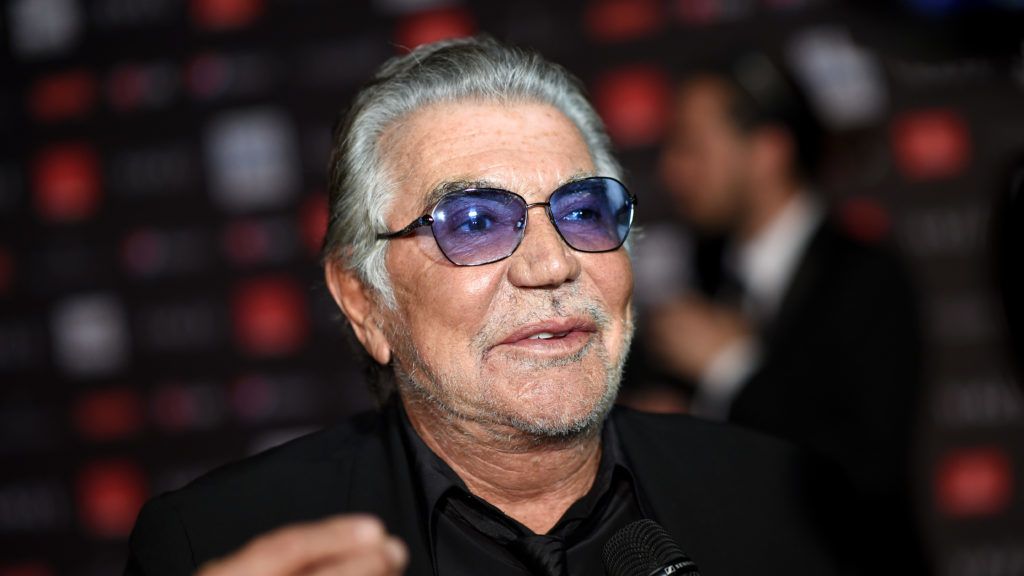(Bloomberg) — A prominent UK judge who resigned from Hong Kong’s top court has warned of “grave danger” to the finance hub’s coveted legal system, in a scathing critique of China’s crackdown on dissent in the city.
Most Read from Bloomberg
Jonathan Sumption, who served as an overseas judge at the city’s Court of Final Appeal, claimed the former British colony “is slowly becoming a totalitarian state” in an opinion piece published in the Financial Times on Monday. His comments come as a wave of foreign judges quit the city’s highest court, potentially undermining confidence in one of its main attractions for global businesses.
“Hong Kong, once a vibrant and politically diverse community is slowly becoming a totalitarian state,” Sumption wrote. “The rule of law is profoundly compromised in any area about which the government feels strongly.”
Hong Kong’s leader hit back at Sumption on Tuesday, and questioned his qualification for making political comments.
“A judge can like a political system or dislike it. He may also like a particular law or not. But his professional duty is to interpret and apply that particular piece of law in accordance with legal principles and evidence,” Chief Executive John Lee said at a regular press briefing.
Previously, Lee’s government issued a detailed rebuttal to Sumption’s article, saying any suggestion that courts are pressured by Beijing would be “utterly wrong.”
Eight overseas justices have resigned or ended their terms on the city’s highest court since Beijing imposed a national security law to silence political opposition in 2020, with at least five citing political reasons. Lawrence Collins, who also quit last week, cited the city’s “political situation” after he tendered his resignation.
Beverley McLachlin, who was the Supreme Court of Canada’s longest-serving chief justice, announced Monday that she planned to retire from Hong Kong’s Court of Final Appeal when her term ends July 29. Unlike the two British judges, she did not cite political reasons for her decision.
Their exits will leave the city with the fewest foreign judges since 1999, a low that comes as Hong Kong seeks to repair a global image damaged by pandemic self-isolation and years of political unrest. Two foreign judges, both from Australia, have been appointed to the court since the China-drafted law passed.
Hong Kong has touted its appointment of prominent overseas judges to its top court as a testament to the city’s independent judiciary since returning to Chinese rule in 1997. Critics have accused foreign judges of helping Beijing silence the city’s once-vocal political opposition, despite the fact they haven’t ruled on sensitive national security cases.
McLachlin, who joined the Hong Kong court in 2018, had faced calls in Canada to step down amid criticism her presence was lending credibility to a legal system President Xi Jinping’s government is using to wipe out dissent.
In a brief statement, McLachlin said she continued to have confidence in the members of the court and their independence. The Hong Kong government thanked McLachlin for her “objective appraisal” of rule of law in the once-freewheeling Chinese territory.
Her departure in July will leave seven overseas judges on Hong Kong’s Court of Final Appeal, compared to 15 who served on the court in 2019 — the year that mass street protests swept the city opposing greater Communist Party control in the once free-wheeling hub.
The latest resignations come months after Hong Kong passed its own security law, known as Article 23, which the US, European Union and UK warned could further muzzle open discussion in the global finance hub.
The Hong Kong government said the city’s national security laws and the city’s de facto constitution, the Basic Law, protect human rights and freedoms in its Tuesday statement.
But Sumption criticized the 2020 Beijing-imposed national security law as “illiberal legislation” that severely limits judges’ freedom of action.
“There are guarantees of freedom of speech and assembly in both the Basic Law and the national security law, but only lip-service is ever paid to them. The least sign of dissent is treated as a call for revolution,” he said.
Ronny Tong, a member of the Executive Council and a former chairman of the Hong Kong Bar Association, criticized the UK government for allegedly pressuring its judges to resign from Hong Kong’s top court and questioned the need for foreign judges at all.
“The insinuation that the independence of the courts depends on the presence of one or two British judges would be quite offensive to the judges still sitting on our courts,” Tong wrote in the South China Morning Post in an article published Tuesday.
“Few other places on Earth allow foreign judges to sit on their final appeal court,” he wrote. “Should we continue this tradition, for want of a better word, forever?”
–With assistance from Laura Dhillon Kane.
(Updates with comments from John Lee and Ronny Tong, and more details)
Most Read from Bloomberg Businessweek
©2024 Bloomberg L.P.
Signup bonus from





